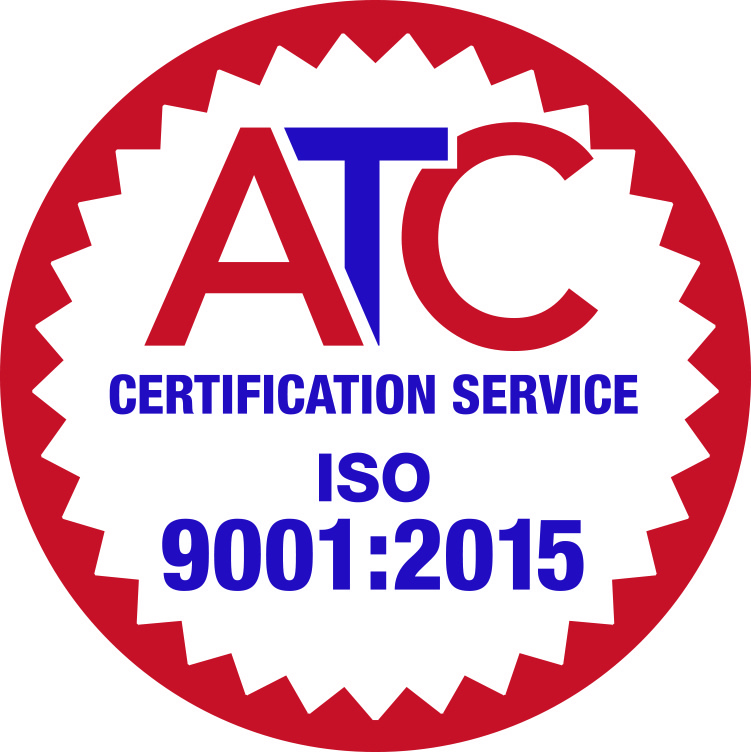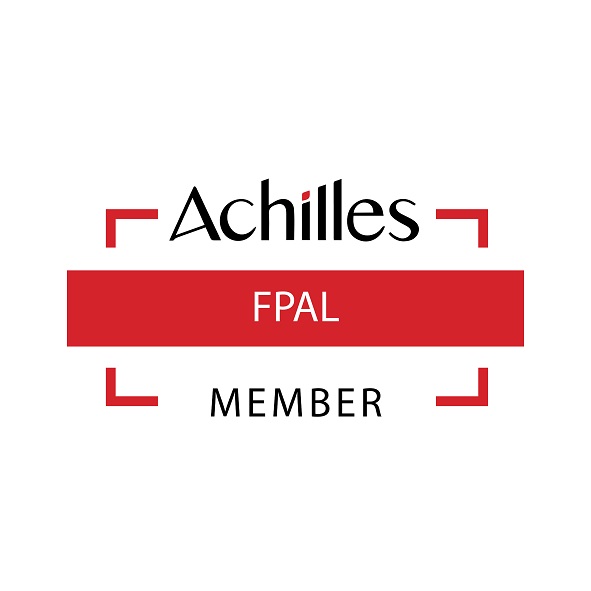Change is the only constant in life, to paraphrase Heraclitus, and this is especially true regarding eLearning, as this is an increasingly crucial and growing component of the blended learning mix of how employees are trained. ELearning itself is continuing to evolve, with today’s digital audiences expecting “a Netflix experience” and having engaging gamification techniques to entertain them while they are learning. Layering on this is the need for companies to then create multilingual, localized versions of the courseware for use by global staff.
“Digitals” is the term for people, irrespective of age or sex, who use technology frequently and have a high adoption rate, and as technology improves, there will be a rise in these types of individuals as learners. This will have a continuing impact on eLearning and how courses are developed and presented, as Digitals will expect their training to keep pace with technology. This is fueling the drive for improved eLearning technology, such as the latest generation SCORM, called Tin Can API, which makes it possible to collect data about the wide range of learning experiences a person encounters online or offline. It removes older restrictions and captures data in a consistent format about a learner’s activities from multiple technologies. These will continue to adapt to advances in technology.
Gamification is one of the newer methods of applied eLearning, and it resonates well with today’s Digitals and other learners, as it has greater instances of high engagement, recall, retention and subsequent correct application by the learner. Plus, it is much more fun!
It truly is interesting to see the way eLearning has evolved, from the first Computer Based Training (CBT) as it was called back in the 1960’s to the ability today to have Asynchronous Learning via Web Based Training (WBT). As technology improves content creators can increasingly develop “a Netflix experience,” because, as one study by Personnel Today shows, learners are expecting that type of intuitive interface and a more personalised experience.
Currently, we at APT provide several eLearning vendors and end clients in the Energy, Engineering, Financial & Insurance, Retail, & Consumer Products, and Life Sciences sectors. With eLearning localization & translation, we handle all stages and elements of the localization workflow. Additionally, we provide audio work including subtitling & voiceovers using professional voiceover artists with our partner studio. Read our Global Training case study for a great example of this in practice.
With the Learning and Development industry still debating if it is spelled E-Learning, eLearning or Elearning, there are many options and opinions about the future not only in nomenclature but also in content. Either way, the digital age is firmly integrated with the Learning sector and we expect to see continued interest, growth and adaptation by companies across the globe as they look to educate their workforce.
For more information on how APT can help you with your eLearning localization and other translation needs, contact us for a quote or consultation.
















































